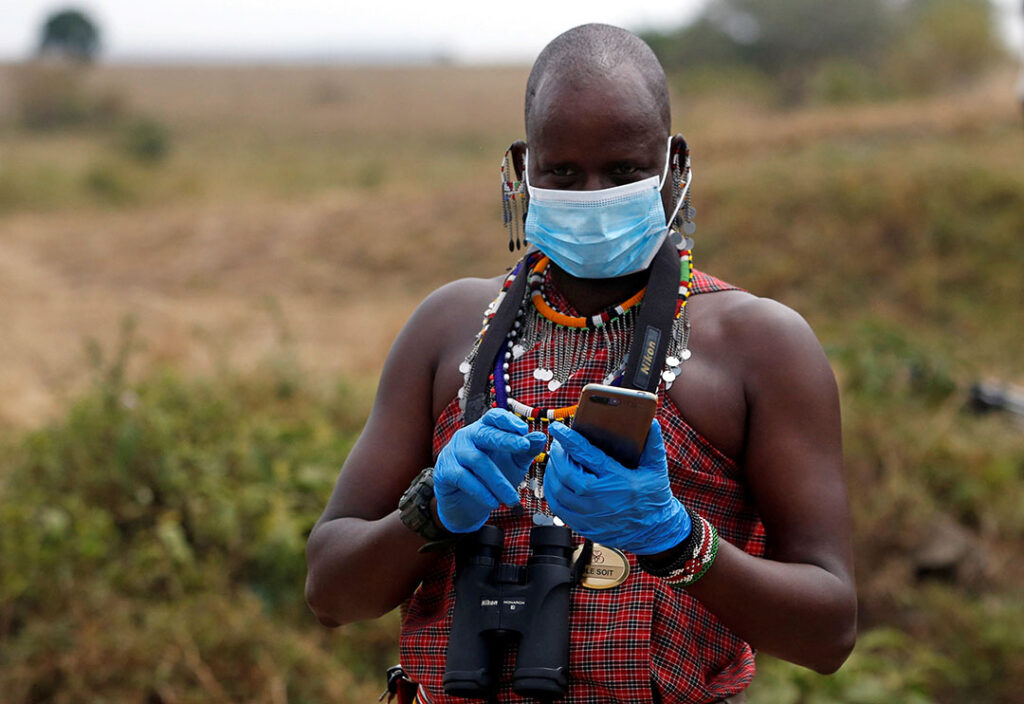ADF STAFF
Strict lockdown measures in Kenya helped slow the spread of COVID-19, but they also closed the country’s tourism sector and exacerbated hunger faced by millions.
To help strengthen Kenya’s recovery from COVID-19, the U.S. recently announced a three-year, $7 million Local Works program through the U.S. Agency for International Development (USAID). It will focus on communities in northern and coastal Kenya and the Maasai Mara National Reserve.
The areas historically have experienced high levels of poverty, hunger, violent conflict and poor access to health care. Kenya’s natural landscape has been hit by wildlife poaching, locust swarms and unregulated grazing.
Since COVID-19 spread into Kenya, agricultural exports shrank by more than 50%, while horticultural exports were reduced by half and most of the sector’s 75,000 workers were laid off, according to the Center for Strategic & International Studies.
USAID’s program aims to help local Kenyan leaders and community members attract and increase private-sector investment, strengthen local economies, and help communities find the funding necessary to revitalize and stabilize job growth. Kenyans will determine the program’s highest priorities.
“By focusing our assistance directly to and for local communities, we ensure the funds are used by those who know what is needed best and increase transparency and accountability,” U.S. Ambassador to Kenya Kyle McCarter said.
The U.S. announced USAID’s Local Works program as Kenya eased its lockdown. With businesses reopening, the country’s private sector grew at the fastest rate in 29 months in September. In a survey, The Markit Stanbic Bank Kenya Purchasing Managers’ Index said that “pent-up” demand drove consumer spending.
Since the first COVID-19 case was reported in Kenya in March, the U.S. has committed 6 billion Kenyan shillings (more than $55.2 million) toward the nation’s response to the pandemic through equipment, testing, training and research, as well as supporting health, water, sanitation, education, employment and food security.
In early October, the U.S. donated 200 ventilators to Kenya as the country grappled with a surge in coronavirus cases, the majority of which were reported in western Kenya.
The U.S.-produced ventilators can offer life-extending support for seriously ill patients with breathing problems. The machines can enhance oxygen levels in patients whose lungs are failing. They work by moving oxygen in and out of the lungs through a tube inserted in a person’s airway.

